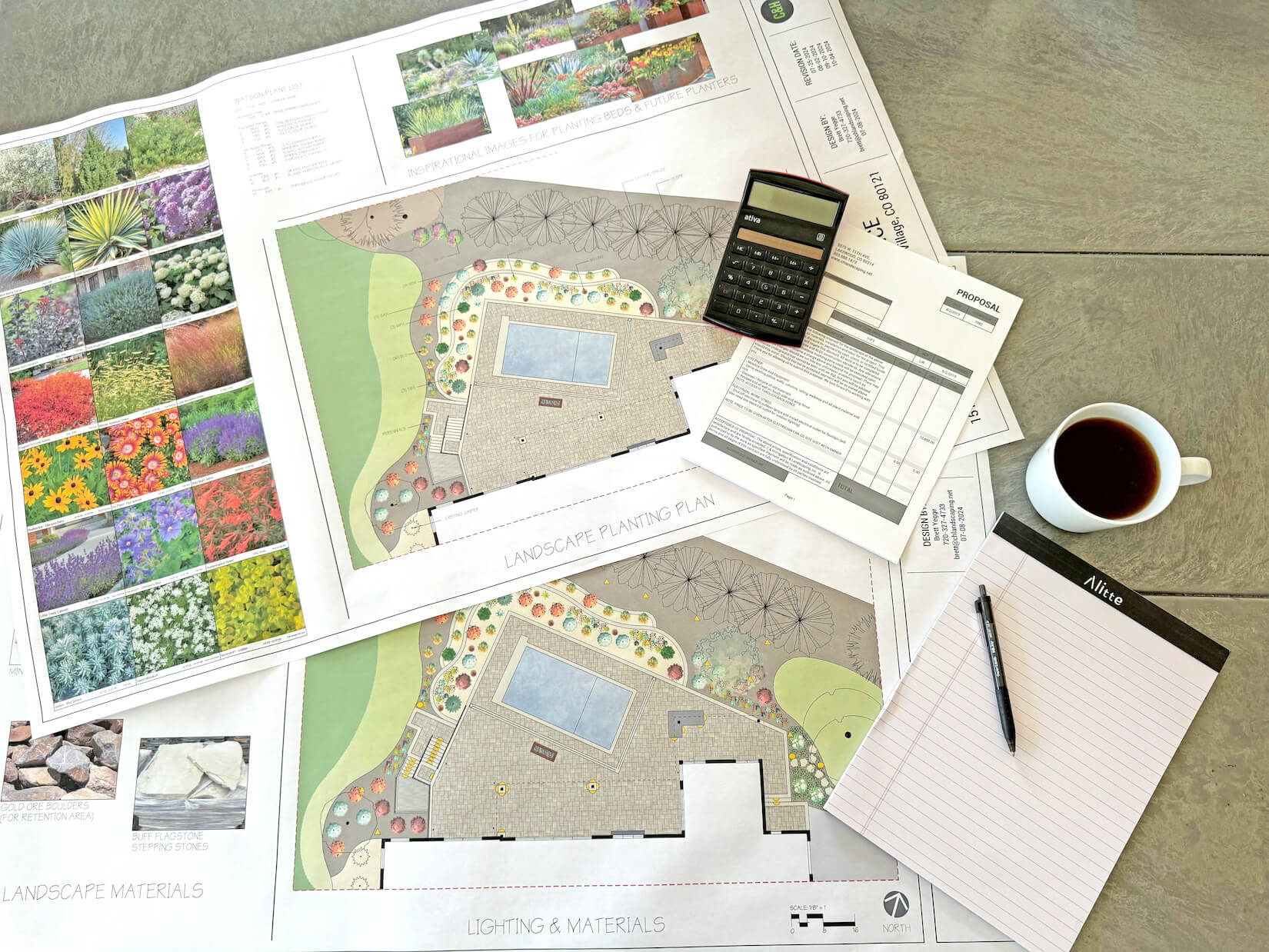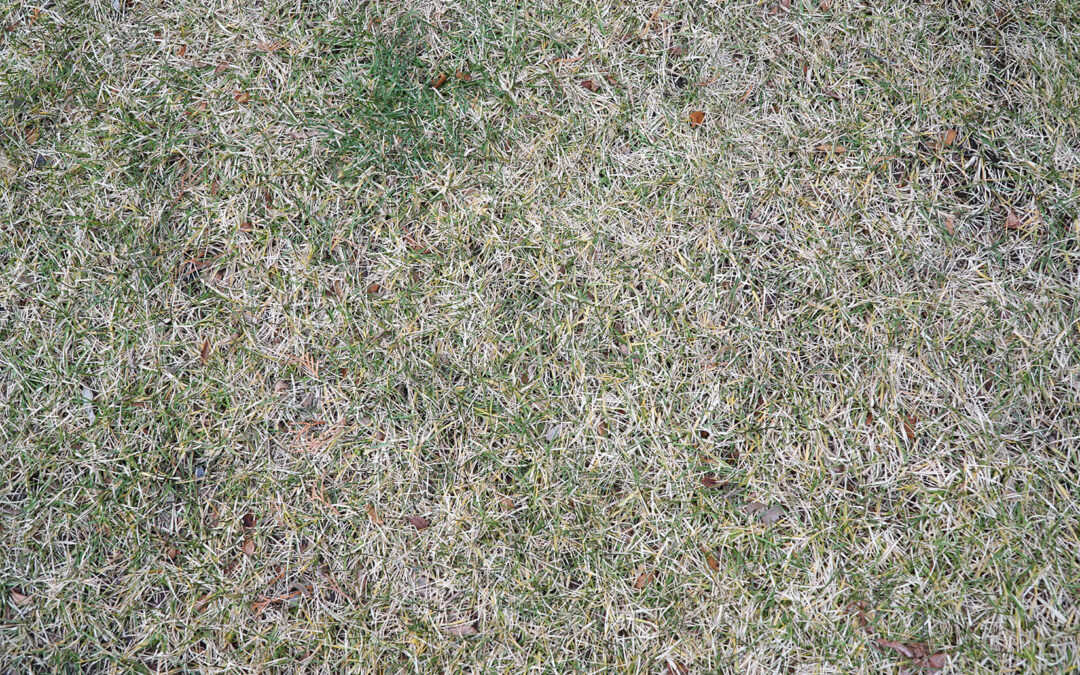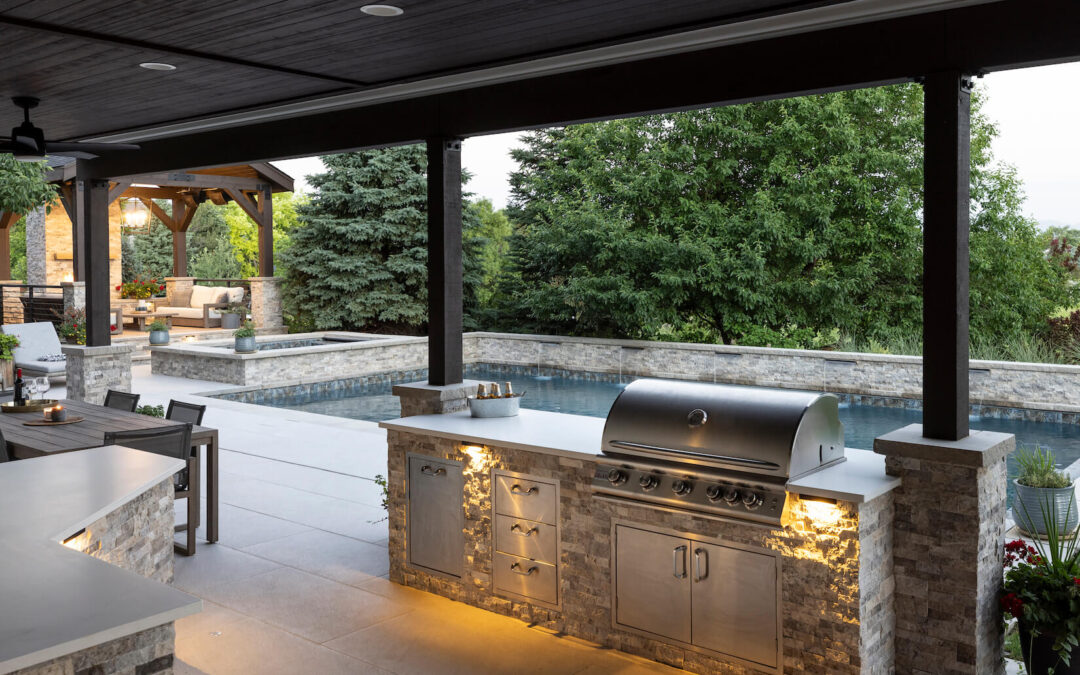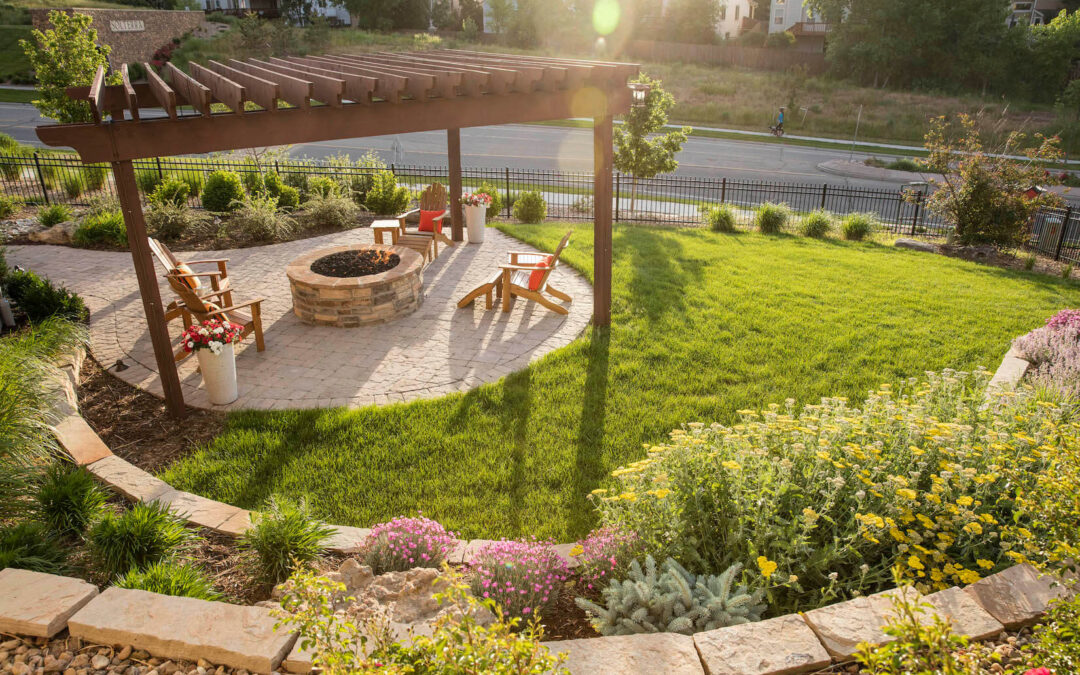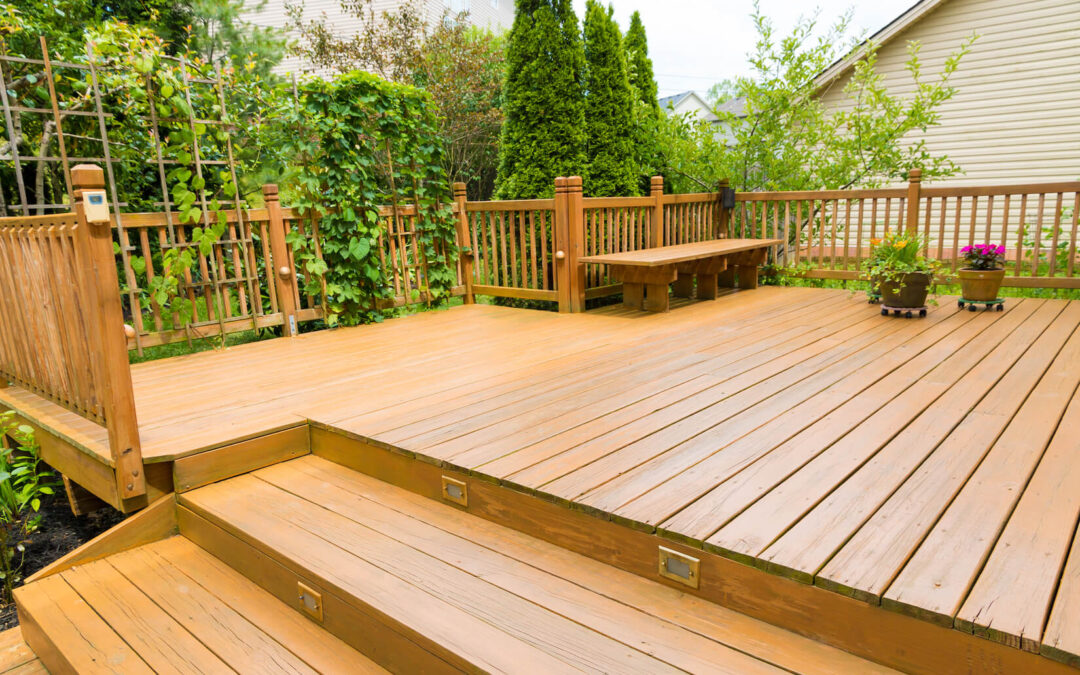Planning a landscaping project for your home is exciting, and you’re probably filled with ideas for hardscaping, fire features, patios, and most importantly, plants, shrubs, and trees. Before you start your project, you’ll need to factor in some things that make landscaping in Denver unique. For example, suppose you have an eye for colorful, tropical landscaping. In that case, you’ll need to get familiar with the USDA Hardiness Zone Map for information on what can grow in your area.
You’ll also need to consult Denver’s zoning codes for setbacks, drainage, and grading. These fairly restrictive zoning laws govern what you can and can’t build on your property and cover new structures and renovations. Here, we’ll look at Denver’s zoning rules and how they can affect your landscaping project in Denver.
What Are Landscaping Zone Rules in Denver?
If you don’t have experience with zoning rules, they can be a bit overwhelming at first. Generally speaking, zoning rules and regulations are used by towns and cities to manage how land can be used and developed. Zoning rules often focus primarily on structures but can apply to fences, patios, sheds, plants, and hardscaping, requiring the help of a professional landscaping company to guide you through the permitting process.
Commercial, residential, and industrial zoning are common types of zoning. Commercial zoning rules apply to the average homeowner looking to create an outdoor space. Zoning rules are generally specific to each town or city and are drafted and implemented by the city’s zoning board. Once passed, inspectors enforce zoning ordinances for compliance.
Denver’s zoning rules fall into three categories:
Setbacks: According to the Denver Zoning Code, setbacks are the required distance between the structure or feature and the property line. In Denver, you have front yard setbacks, which include fences, walls, or permanent planters, and backyard setbacks, which include patios, fire pits, or decks. For example, you may want to install a pergola in your backyard, but if it’s within a certain distance of your neighbor’s property, you might need to pull it back or get a zoning variance.
Drainage: While the Denver Zoning Code comprehensively details the city’s Drainage Zoning Rules, there are three practical rules to consider:
- You cannot redirect runoff onto neighboring properties — This is one of the most essential rules. You must not direct runoff onto your neighbor’s property. Runoff on your property must remain there and be directed to a drainage system on your property.
- Maintain natural drainage patterns – Landscaping must follow natural slope and drainage flow patterns. Altering or blocking drainage will require a special permit.
- Use permeable surfaces when possible – Denver city officials prefer gravel and pavers, which allow for better drainage than concrete or asphalt.
Grading: Grading refers to shaping, raising, or lowering the land. In Denver, it’s regulated to protect neighbors and manage stormwater. When considering grading, keep these in mind:
- Grading a setback area is restricted – You can’t raise or lower the ground within the setback buffer zone between your property line and any structures.
- Grading must not interfere with drainage – You can’t shape your land so it causes runoff to flow onto adjacent properties, public sidewalks, or alleyways.
- Finished grades must blend with the existing terrain. The city can limit how much you raise or lower your final grade, especially if doing so affects a neighboring property or causes an erosion risk.
How C&H Landscaping Helps Navigate Zone Rules
After many years of creating beautiful landscape projects in Denver, we’re well-versed in the zoning rules that apply to your project and our work. However, the average homeowner isn’t familiar, and that’s one of the many ways we bring our years of experience to every project. If you break a zoning ordinance, it won’t matter how beautiful your outdoor space is; you might have to take it out and start again.
C&H Landscaping works closely with clients to ensure their unique project meets city requirements before installation begins. You can navigate these requirements by doing the following:
- Conduct onsite evaluations – Our first step is to observe potential zoning problems first-hand.
- Design with zoning rules in mind – For example, incorporating fence heights, setbacks, and drainage flow
- We manage permits – Structures, walls, and decks will need permits. We submit permit requests and meet inspectors when they visit your property.
- Streamline permit approvals with the city planners or HOAs – Experience is the word here. Being familiar with Denver zoning rules allows us to work quickly if there are any problems or bottlenecks.
- Create and install gorgeous landscapes – Including outdoor spaces that are beautiful and completely compliant.
Choose C&H Landscaping for Your Landscaping Project
C&H Landscaping is passionate about creating beautiful outdoor spaces for Denver residents and the surrounding communities. Partnering with homeowners to bring their visions to life is rewarding. We’ve assembled the best possible team of craftsmen and experts who give every project the same amount of directed energy.
We’ve been a family-owned business since 2005 and have grown by working with hundreds of local homeowners on their landscaping projects. We’re committed to our community and the clients we serve — because like you, we live and work here. For details on Denver’s zoning rules related to landscape design, you can read the city’s entire document here, and feel free to ask any questions.
Ready to transform your backyard into the perfect outdoor living space? Contact C&H Landscaping today and let’s start designing the patio of your dreams!
At C&H Landscaping, our mission is to transform everyday outdoor spaces into something extraordinary with creative designs and top-notch craftsmanship. Expert Denver landscaping services from custom design to professional installation. We offer tailored solutions that enhance curb appeal, increase property value, and bring your vision to life.

